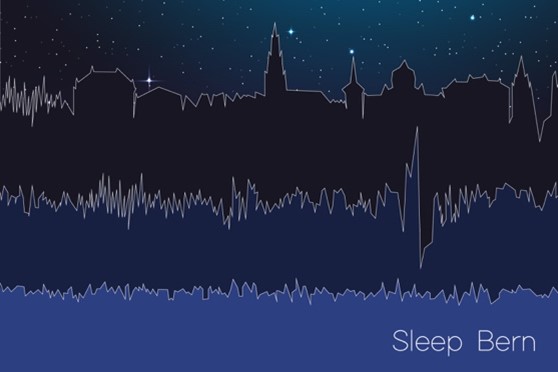Decoding Sleep

The Interfaculty Research Cooperation “Decoding Sleep” bridges Medicine, Psychology, Psychiatry, and Computer Science. It aims to gain a better understanding of the function and regulation of sleep-wake-rhythms and to develop strategies for early and personalized therapies for sleep-related disorders.
Profile
The Interfaculty Research Cooperation (IRC) “Decoding Sleep” is coming to an end after six years of continued interdisciplinary research and teaching and a large impact on science, medicine, and society. It has led to:
- A better understanding of the key roles of the thalamus in controlling sleep-wake states as well as cognitive and pain mechanisms in both animal models and human
- The recognition of new sleep-related interventions to improve learning and cognitive performance, as well as conscious experience and creativity
- The establishment of new computational approaches to model and analyze brain dynamics during sleep and sleep disorders
- The creation of a new platform (NeuroTec), new laboratories (Sleep Motion Lab), and a new unit (Sleep House) to promote research and improve sleep diagnosis
- The creation of new educational programs, including the Master in Sleep Medicine (60 ECTS), the Neuroscience Bachelor (30 ECTS), and the training of more than 40 young scientists
- More than 100 papers, CHF 13 m of research grants, and two patents
However, sleep research will continue to flourish in Bern: The IRC “Decoding Sleep” will transition into “SleepBern” as a new platform to gather sleep scientists, clinicians, and trainees.
Grants
- EU Horizon 2020: Human Brain Project (Prof. W. Senn)
- SNSF Eccellenza (Prof. M. Baud)
- SNSF Project Grants (Profs. A. Tzovara, T. Nevian, L. Tarokh, A. Adamantidis, C. Nissen)
- SNSF Sinergia (Profs. W. Senn and A. Adamantidis)
- SNSF Bridge Discovery (Prof. A. Adamantidis, Prof. A. Tzovara, PD Dr C. Gutierrez Herrera)
- Other grants from various foundations, companies, and institutions
